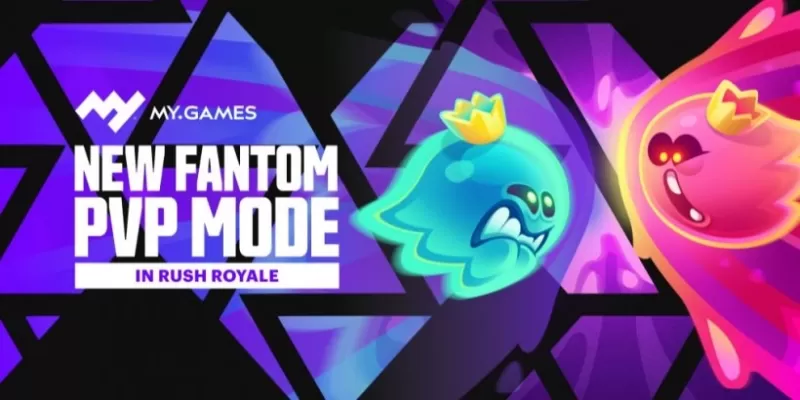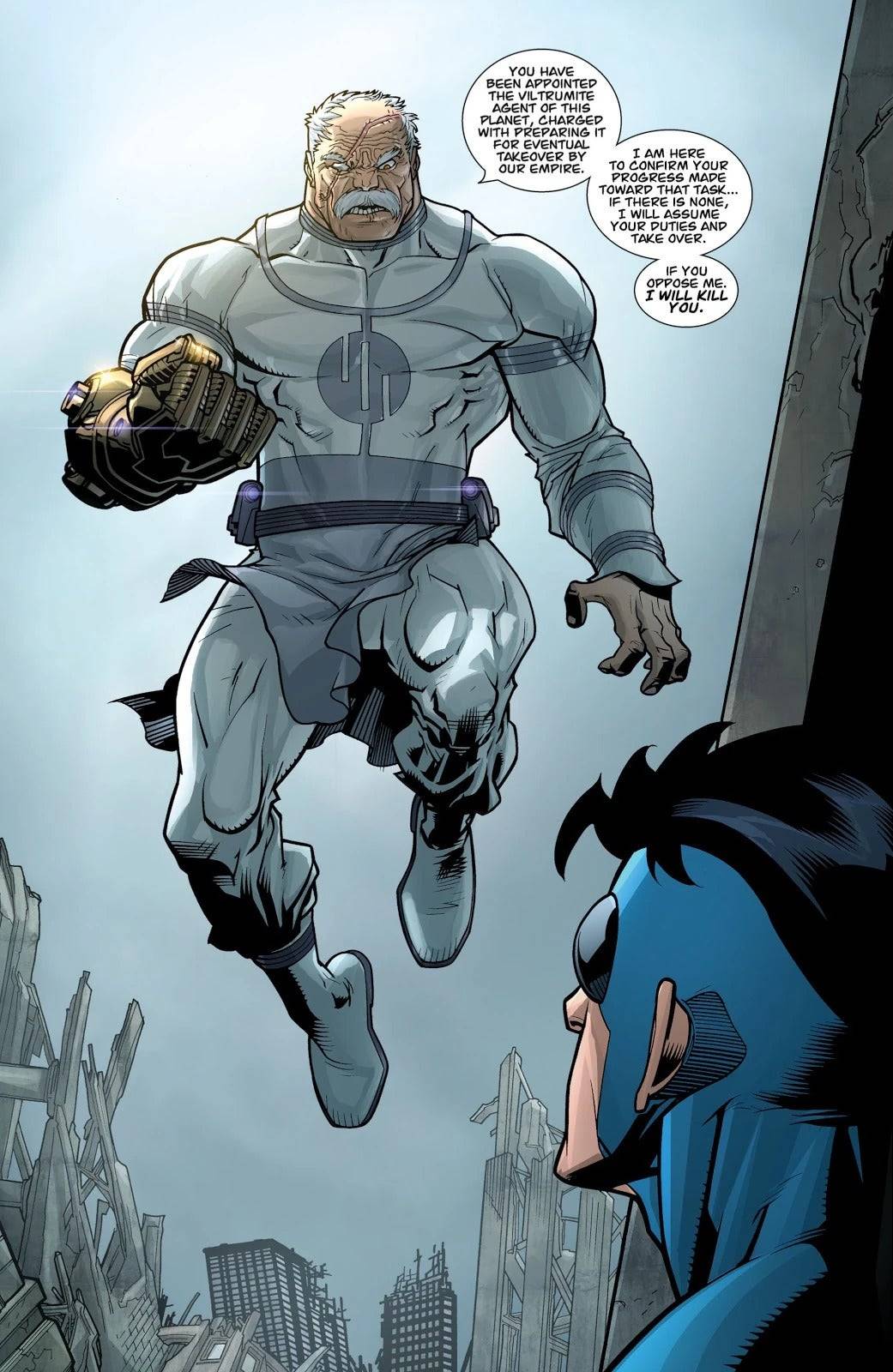Valve has taken a firm stance against games that force players to engage with in-game advertisements, as evidenced by their new dedicated policy page. This move is particularly significant for games that have been popular in the mobile sector, where unskippable ads between levels or ads for extra rewards like energy refills are common. These practices, often seen in free-to-play mobile games advertised across social media, are now banned on Steam.
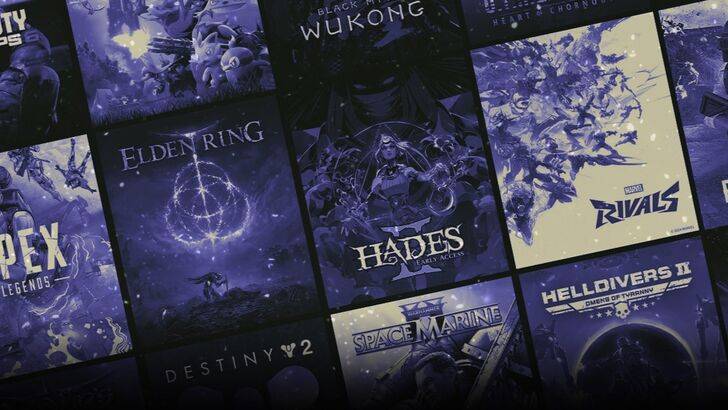
Games Must Remove Ad Elements to Comply

The policy, which has been part of Steamworks' terms and conditions for nearly five years, now has its own dedicated page. This change may be a response to the increasing number of games released on the platform, with SteamDB reporting 18,942 games launched in 2024 alone. Valve's stricter guidelines reflect their commitment to maintaining a platform free of paid advertisements, thus games with ad-based business models must remove these elements or transition to a "single purchase paid app" model to be listed on Steam.
Alternatively, games can adopt a free-to-play model with optional microtransactions or purchasable downloadable content (DLC). A notable example is the business management simulator Good Pizza, Great Pizza, which, after being ported to Steam, replaced in-game ads with paid DLCs or unlockable content through gameplay.
Product Placements and Cross Promotions Permitted
While forced ads are prohibited, Valve allows product placements and cross-promotions, such as bundles and sale events, as long as the appropriate licenses for copyrighted content are in place. This can be seen in games like F1 Manager, which features real-life sponsor logos, or skateboarding games that include real-world brands. This policy aims to enhance the quality of games on Steam and improve user experience by eliminating disruptive ads.
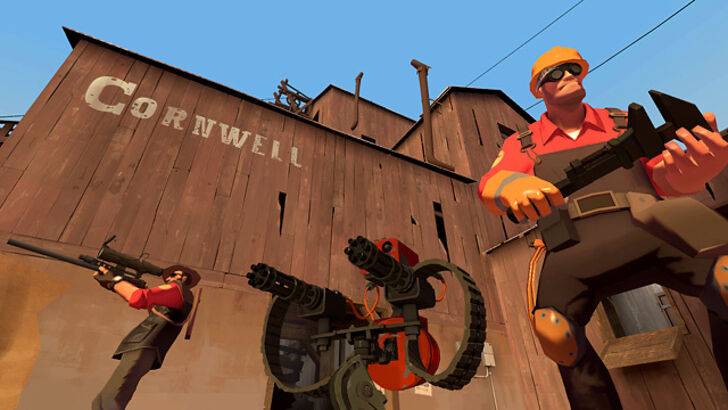
Warning for "Abandoned" Early Access Games
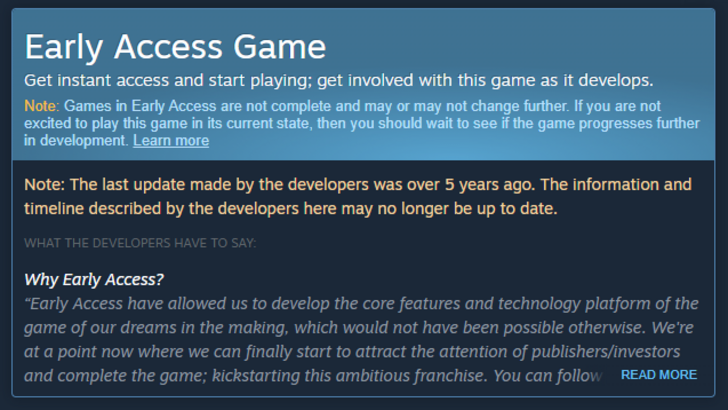
In addition to the ad policy, Steam has introduced a feature that alerts users about Early Access games that have not been updated for over a year. These games' store pages now include a notice indicating the time since the last update and a warning that the developers' information and timeline may no longer be accurate. This feature helps customers identify potentially abandoned titles amidst the growing number of Early Access games on Steam.
The community's response on social media and Steam forums has been overwhelmingly positive, with many praising Valve for this addition. Some users have suggested that games not updated in over five years should be delisted entirely, reflecting the ongoing dialogue between Valve and its user base about maintaining a high-quality gaming experience.

